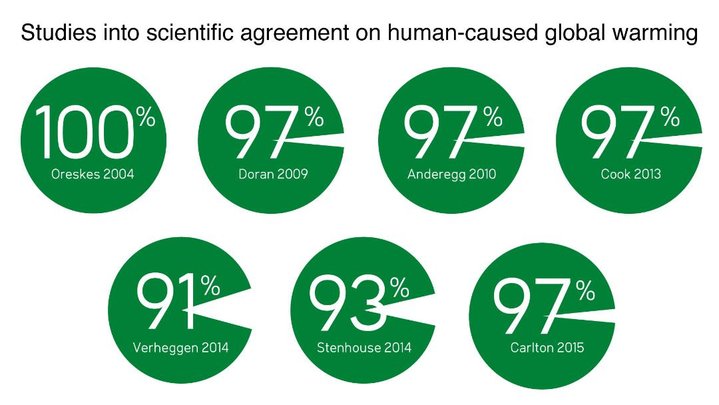— mansplained my 13-year old Canadian grandson to his step-grandmother (my wife) last week. She who had taken chemistry, biology and physics classes in college; she who has been married to a science writer (see the Journal every other week) for four decades; that is, she who bristled at the question. “As a matter of fact, I do. Do you?” And they were off, discussing what did and didn’t count as “science,” to my huge delight.
It’s not hard to define “science” as it’s generally understood. In a nutshell, science is the systematic endeavor to understand our world by empirical means.
“World” here in its broadest meaning — essentially, the universe, including ourselves; “empirical” meaning testable explanations, as opposed to explanations relying on faith, revelation or armchair noodling, and “systematic” implies that it’s self-correcting. The easiest way to win a Nobel Prize is to make your fellow scientists wrong.
What science is not is a body of knowledge, since what we know is constantly in flux. It’s unfortunate that the word derives from scientia, Latin word for “knowledge,” implying that once we know something, we know it for all time. Science is a process, the journey, not the destination. It can be roughly divided into two branches:
- Natural science: physics, chemistry, biology, etc.
- Social science: sociology, psychology, economics, etc.
“Formal” science — math and logic and computer science — is sometimes included as a third branch, but since it’s not empirical (you can’t prove 2 + 2 = 4), most definitions exclude it.
The question that comes up repeatedly, especially in these days of internet memes and shock-jock radio, is, “How do laypeople know what to believe?” (I include myself as a layperson — I’m a civil engineer by training and a science writer by avocation.) The obvious place to look for guidance is scientific consensus, whether we’re talking global warming, vaccinations, moon landings, “chemtrails,” cellphone-caused cancer, cold fusion, etc.
You’ll always find outliers — credentialed scientists — who go against the majority and argue for their idiosyncratic point of view. That’s the nature of the beast, you’ll never get scientists to agree 100% on anything. The trick as laypeople is to not get seduced by the minority into thinking there’s a 50-50 debate going on in the scientific community, when in fact it’s usually more like 95-5. (For instance, so-called “Intelligent Design” does not deserve equal status with “evolution” just because it’s seen as an alternative explanation by a tiny minority of educators.)
To illustrate “scientific consensus,” I found this graphic showing the extent to which scientists in relevant fields agree that global warming is human-caused, where each green pie chart summarizes an extensive survey.

Cook et al., 2016. Creative Commons license
So a very few climatologists oppose the majority view, saying, for instance, that global warming (which I don’t think anyone now denies) is caused by increased solar activity, rather than human-created greenhouse gases. That’s why these surveys (mostly) don’t show 100% agreement. The 2013 analysis by John Cook, for instance (top right) surveyed over 4,000 peer-reviewed climate science papers that expressed an opinion on the cause of global warming, of which 97% explicitly or implicitly agreed that we humans are culpable. Here’s the abstract.
Or take vaccination. Measles was routed from the US in 2000, but returned to 11 states fourteen years later (from abroad). Soon after, survey results from 3,099 responding physicians showed that 92% of them believed the outbreak was “directly attributable to parents not vaccinating their children.” Not 100% — of course! — but 11 to 1 odds would be deemed pretty solid if you were a gambler. (2019 now ranks as the highest number of measles cases this century — and it’s only May!)
In short, we’re talking about a system of acquiring and — more to the point — trusting the best-available current knowledge derived from scientific consensus, peer review (a whole topic by itself) and self-correction. That is, science. “Yes, Riley, I do know what science is!”
CLICK TO MANAGE